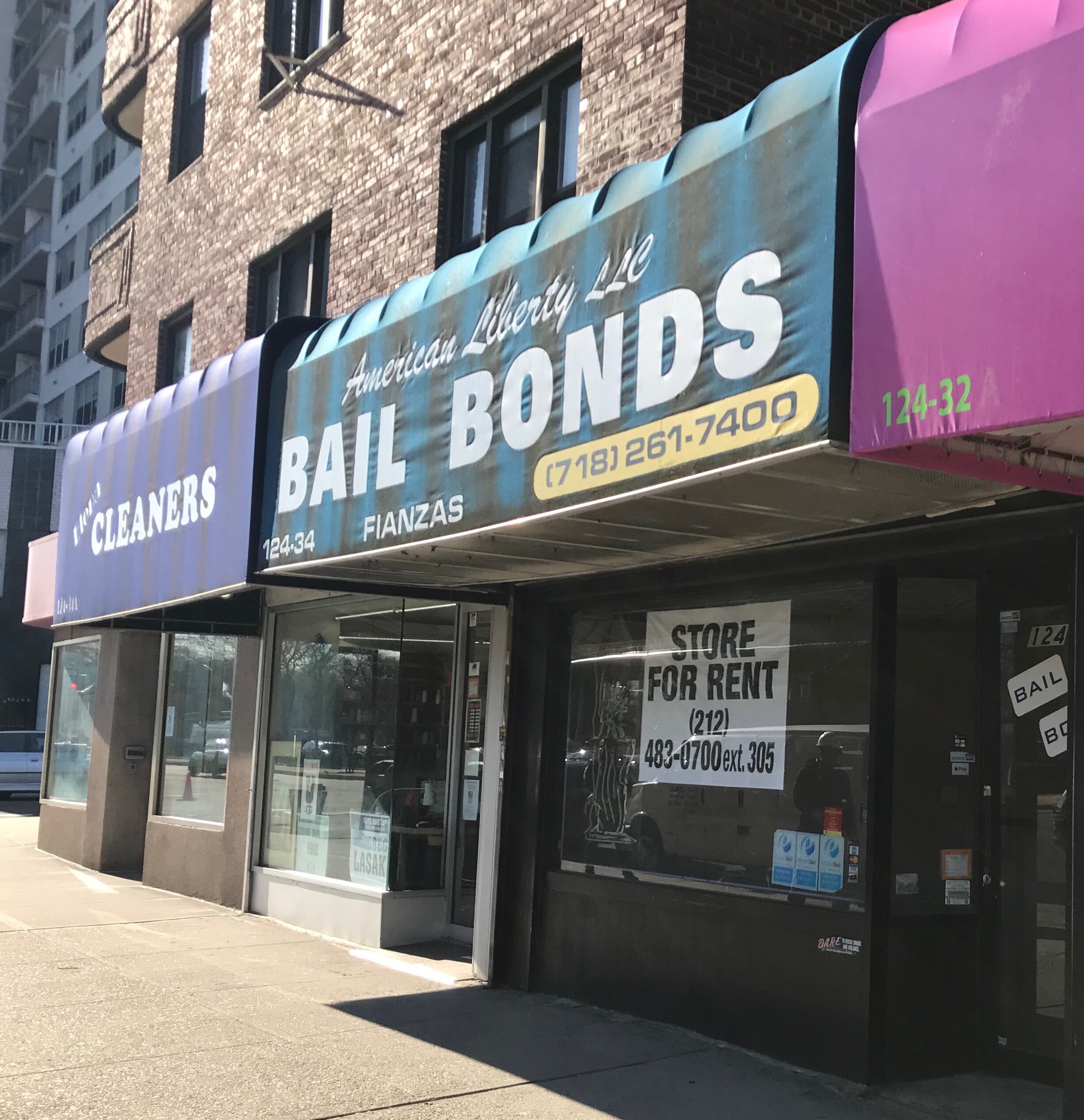Bail reform rollback takes effect six months after landmark law enacted
/A bail bonds office on Queens Boulevard, near the Queens Criminal Courthouse. Eagle photo by David Brand
By David Brand
Rollbacks to New York’s six-month-old bail law took effect Thursday, with criminal justice reform organizations condemning state legislators and Gov. Andrew Cuomo for adjusting a measure that removed cash bail on nearly all misdemeanors and nonviolent felonies.
Under intense pressure from law enforcement, district attorneys, media outlets, conservative leaders and moderate Democrats, state lawmakers agreed to adjust the bail reform law as part of the opaque April budget negotiations. The bail law that took effect Jan. 1 previously passed as part of the April 2019 budget package.
Bail is set to ensure defendants have a financial incentive to return to court. But the system long in place in New York led to low-income defendants — particularly Black and Latino New Yorkers — languishing in pretrial detention, while wealthier defendants could afford to pay for their release.
These deep racial and income disparities informed the movement to overhaul the bail law. The new law contributed to a nearly 45 percent reduction in the number of people behind bars in May 2020 compared to May 2019, according to state data.
Several judges, including New York’s Chief Judge Janet DiFiore, had criticized the reform law as a one-size-fits-all measure that eroded their power. They wanted the controversial authority to assess defendants’ “dangerousness.” They didn’t get it, but the law does allow judges to set bail in certain cases where they determine the defendant may cause “harm to an identifiable person or property.”
The biggest change is that about 25 specific nonviolent felonies are once again bail eligible, including first-degree money laundering and third-degree assault as a hate crime.
The Center for Court Innovation estimates that the jail population will increase by 16 percent under the amended measure, with three newly bail eligible offenses — second-degree burglary of a dwelling, first-degree criminal possession of a controlled substance and first-degree criminal sale of a controlled substance in the first degree — accounting for nearly half of that increase.
Marvin Mayfield, statewide organizer for justice reform group Center for Community Alternatives, said the rollbacks are “nothing short of devastating for Black and brown communities who have been the target of mass criminalization and state violence.”
“Legislators who succumbed to a racist campaign of fear-mongering and disinformation will be responsible for the pretrial incarceration of tens of thousands more New Yorkers each year,” Mayfield continued.
Several Queens assemblymembers resisted the effort to amend the bail law earlier this year..
“It took decades for us to get where we are,” Assemblymember Catalina Cruz told the Eagle in February. “It took centuries of oppression and criminalizing poverty to get a system we had until last year, and we finally had a group of elected officials willing to create change that addresses the inequalities in our system.”




